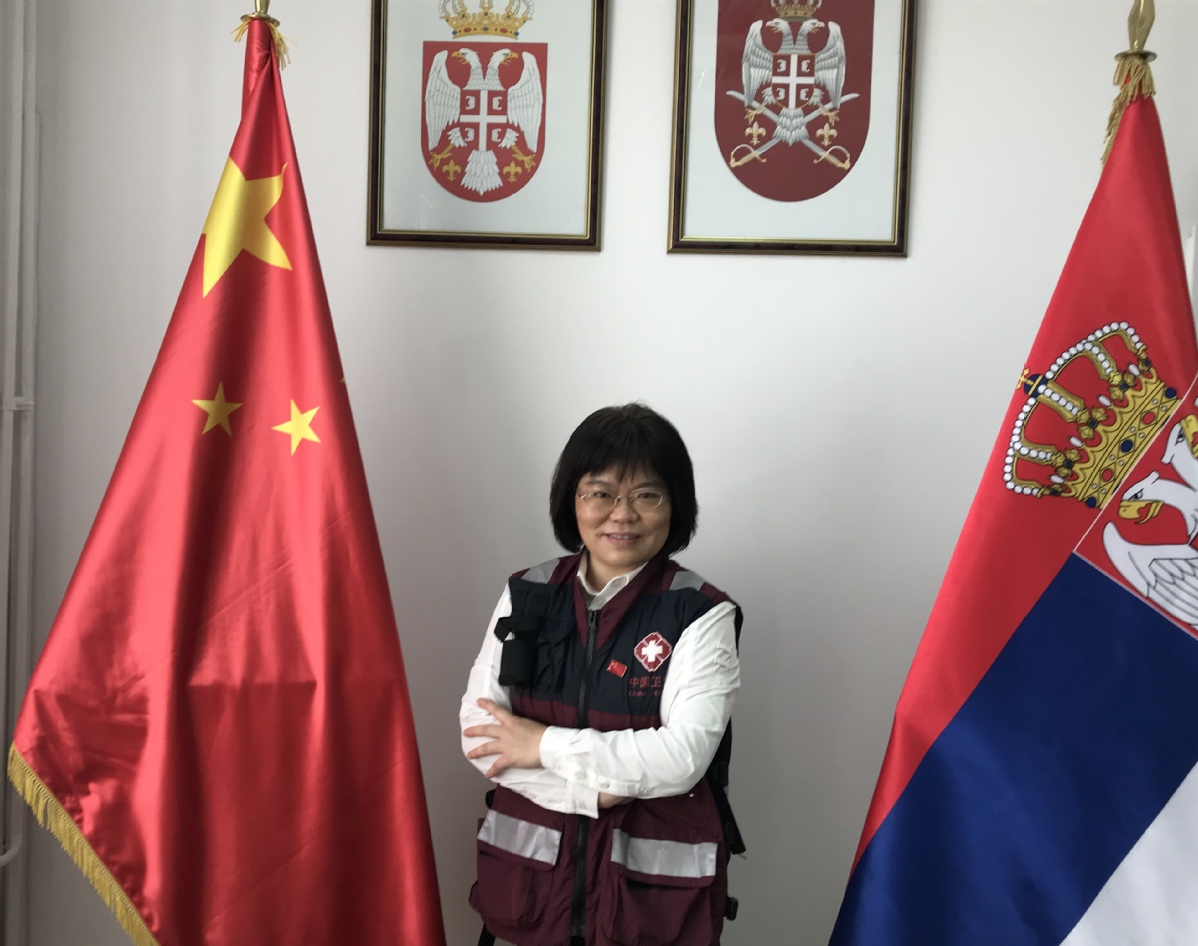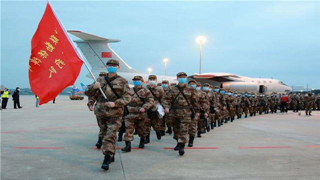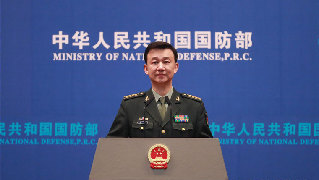
Editor's note: This series tells the stories of selfless individuals, from medical workers to volunteers, who are bravely fighting the virus outbreak with extraordinary dedication.
Xiong Yan never thought she would be helping in the coronavirus epidemic control in Serbia, a country she knew very little about, during her first trip to Europe.
Xiong, deputy director of Emergency Department of the First Affiliated Hospital of Sun Yat-sen University in Guangzhou, Guangdong province, volunteered to be part of a team that would be sent abroad on a mission in March. Many Chinese doctors had been sent to other countries to help treat COVID-19 patients.
In less than a week, she received a call, and she was told she would be traveling to the Balkan country.
Since she knew little about Serbia, she searched online for more information about the country.
"There were over 50 confirmed COVID-19 cases in Serbia at the time but potential infections could be significant. Early detection and prevention of infections were needed to control the epidemic," Xiong said.
Having been associated with teams sent to Wuhan, Hubei province, from the hospital, Xiong was prepared to handle the situation in the new country.
She focused on issues such as emergency treatment, patient screening, protection of health workers and allocation of medical resources.
She carried USB flash disks with training materials (with English translations), which were later handed to Serbia's health ministry, to be distributed across the country.
Xiong and five other members, who are professionals in respiratory and critical care medicine, psychology and psychiatry, and infectious disease control and prevention, arrived in capital Belgrade on March 21 on a Serbian chartered plane.
More than 318,000 Serbians nationals had rushed back to the country before the border was sealed on March 20, and more than 80,000 Serbians were brought back on chartered planes.
Less than 100 people were tested for the virus in the country each day.
Xiong and her team members learned about the situation in Serbia through meetings with local officials and medical professionals.
Having carried 50,000 test kits to Serbia, the Chinese team suggested the expansion of the testing capacity by allowing more labs to conduct tests.
Expanded screening was also recommended, with more hospitals and community clinics joining the effort.
Her team suggested that hospitals be designated exclusively for treating COVID-19 patients, and equipping them with personnel and equipment.
Training was conducted for the disease control and hospital workers with the help of videos, while discussions were held on patient cases, including critical cases.
Xiong's team visited 14 Serbian cities, more than 30 medical institutions, and nursing homes, prisons and mental homes, and helped in the protection of health workers, infection screening, anti-infection zoning and training.
The overall situation in Serbia improved in terms of the number of people testing positive, patients using ventilators, and patients in critical condition, Xiong said.
Subsequently, the country started to partially resume its economic and social activities.
While noting the efforts of the government, and both officials and health workers, Xiong said the country is more capable of tackling epidemic risks.
Testing capacity was scaled up to 5,500 a day. By Sunday, Serbia had recorded a total of 7,483 COVID-19 cases.
Recalling the past month in Serbia, Xiong said her work was hectic in the first 10 days.
Xiong said: "It is heartening to see that we are respected here, with some motorists waving to us. There is this mutual feeling between the countries, people and experts."
She said there is no bystander in an epidemic. "No country is free from its impact. The earlier the sharing (of information), the fewer the mistakes."











